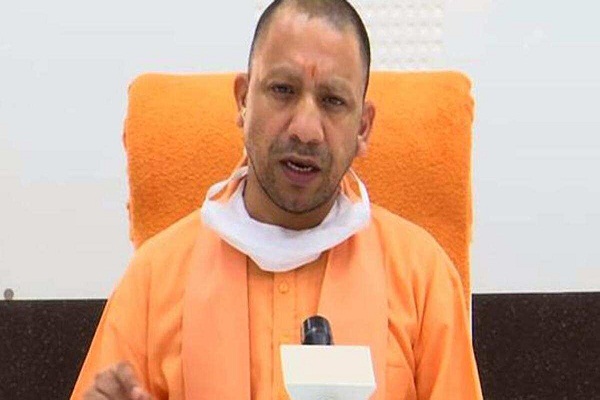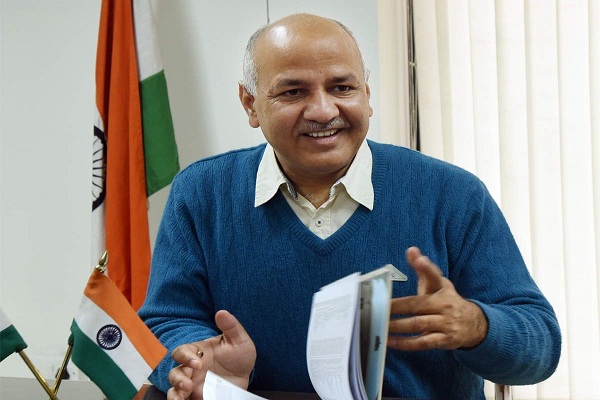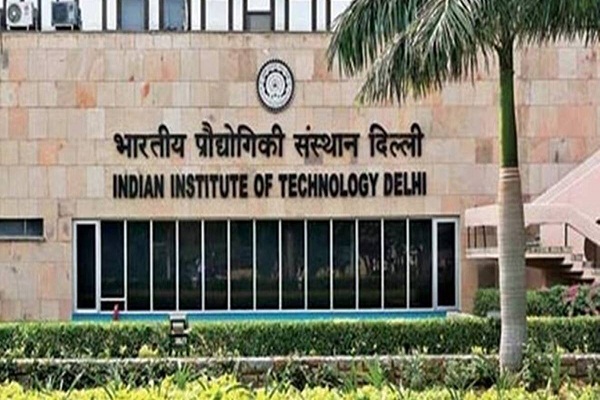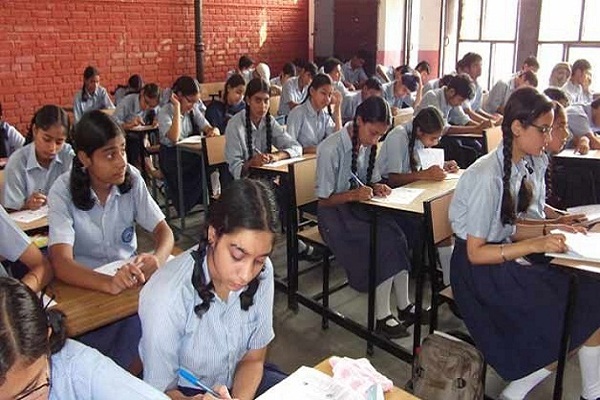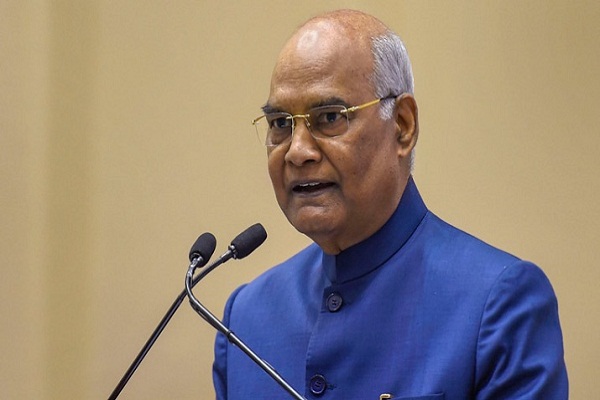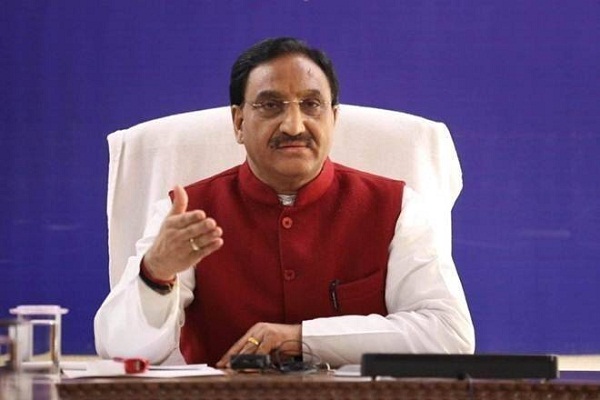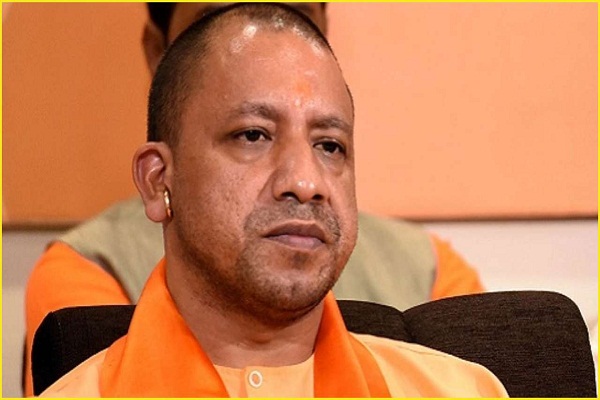Samsung India has inaugurated the Samsung AR-VR Innovation Lab at the Indian Institute of Technology Jodhpur (IIT-Jodhpur). The lab will train students on new technologies such as Augmented Reality and Virtual Reality (AR/VR), helping them learn industry-relevant skills and making them job-ready.
Courses at the lab would be run by Samsung engineers in conjunction with the faculty of IIT-Jodhpur and will be offered to B.Tech, M.Tech and PhD students by the department of computer science and engineering at IIT-Jodhpur. As per a release issued by Samsung, a batch of 30-35 bachelor students would be trained per year and part of this lab would be used by research fellows to conduct their experiments. The course will be taught over 14 weeks through classroom lectures, assignments and lab room sessions, self-study and mini projects.
Also read: IIT Jodhpur inks pact with NHAI to share expertise
Extensive tutorials and approach documents will also be provided to students to facilitate practical exercises. Samsung has so far set up six Samsung Innovation Labs in IIT-Delhi, IIT-Kanpur, IIT-Hyderabad, IIT-Kharagpur, IIT-Roorkee and IIT-Guwahati as part of its Samsung Digital Academy program.









